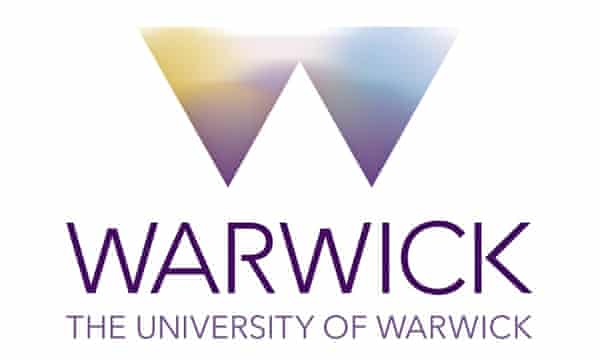University of Warwick: University of Warwick researchers receive over £2 million funding in boost to UK particle physics community
Scientists investigating the Universe’s most fundamental building blocks at the University of Warwick have received £2.57 million to continue their work revealing its mysteries.
The Science and Technology Facilities Council (STFC) is investing £60 million as part of its continued support to the particle physics research community in the UK.
This funding helps to keep the UK at the forefront of answering some of the biggest and most complex questions in science and supports the next generation of UK particle physicists.
The latest particle physics experiment grants from STFC will fund teams from 18 UK universities to carry out world-leading particle physics research over the next three years.
Particle physics studies the world at the smallest possible distance scales and the highest achievable energies, seeking answers to fundamental questions about the structure of matter and the composition of the Universe.
The University of Warwick elementary particle physics group is making key contributions at the frontiers of high energy and flavour physics at CERN’s ATLAS and LHCb experiments.
They are involved in the quest to understand the neutrino through contributions to the T2K, Hyper-K and DUNE neutrino oscillation projects.
The group is helping to develop the next generation of dark matter in DarkSide and neutrino-less double beta decay experiments in LEGEND and have activities in detector development, including the use of new quantum technologies.
The new grant will also allow an expansion of the University of Warwick’s work in general software development for particle physics.
Professor Gary Barker, Head of Elementary Particle Physics at the University of Warwick, said: “This substantial investment by STFC is an endorsement of the quality of research undertaken at Warwick Elementary Particle Physics and will allow our main research themes to continue to develop.”
Ten years after the UK researchers’ contribution to the Nobel Prize winning detection of the Higgs boson, some of the questions that the community is working to answer are:
What is the Universe made of and why?
What is the underlying nature of neutrinos?
Why is there an imbalance between matter and antimatter in the Universe?
How can we detect dark matter?
Are there any new particles or particle interactions we can find?
Professor Grahame Blair, STFC Executive Director for Programmes, said:
“STFC continues to support the experimental particle physics community in the UK in answering fundamental questions about our Universe.
“The grants are vital in supporting technicians, engineers and academics in their skills and expertise in the field, all while encouraging career development in fundamental research with both universities and international collaborators.
“This investment underpins the UK physics community and enables continued UK leadership in the field of experimental particle physics.”

